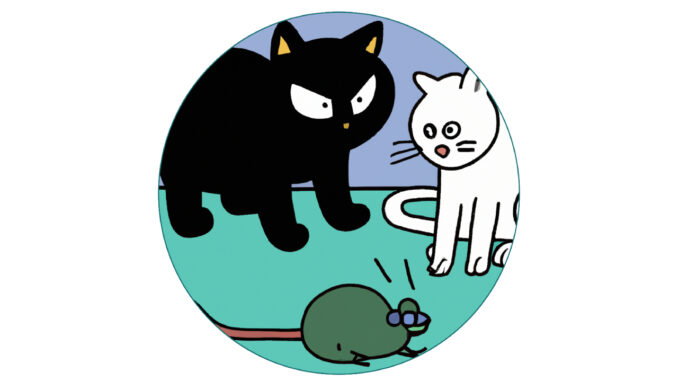
In the realm of philosophical ponderings, sometimes the simplest proverbs hold the profoundest truths. The Chinese saying “Whether it’s a white cat or a black cat, if it can catch mice, it’s a good cat.” encapsulates one such nugget of wisdom.
At first glance, this proverb may seem like a mere observation about cats and their practical skills. After all, it suggests that the value of a cat lies not in its color but in its ability to fulfill its primary role—catching mice. However, beneath the surface, this saying resonates with deeper philosophical concepts.
Firstly, it challenges the human tendency to judge and categorize based on superficial attributes. In the context of cats, it’s about color, but in life, it often extends to race, gender, nationality, or myriad other external characteristics. This proverb reminds us that true value is not determined by appearances but by one’s abilities and actions.
Furthermore, the proverb touches upon the notion of simplicity and practicality. Cats don’t concern themselves with complex philosophical debates or existential questions; they simply do what they are naturally inclined to do—hunt mice. In a world that often gets entangled in abstract theories and convoluted ideas, this saying reminds us of the beauty of simplicity and the virtue of action.
Ultimately,“Whether it’s a white cat or a black cat, if it can catch mice, it’s a good cat.” encourages us to look beyond the superficial, embrace our roles and responsibilities, and value action over appearances. It’s a reminder that in a world filled with complexities, sometimes the most profound wisdom lies in the simplest of proverbs, waiting to be unearthed by those willing to ponder its depth.